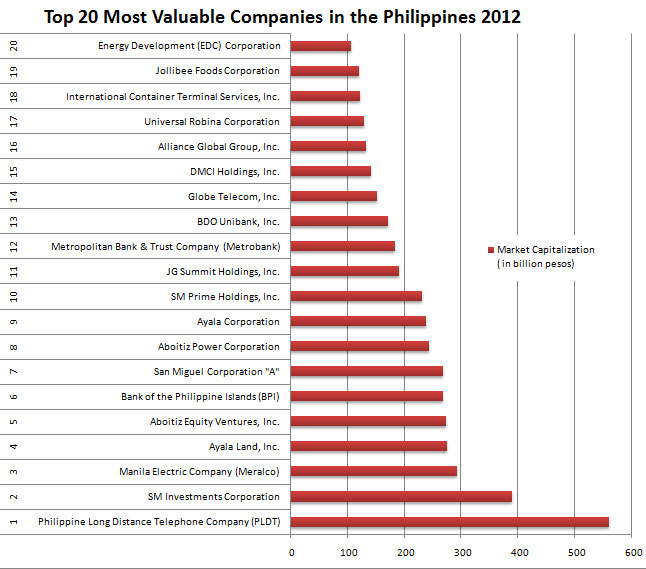Every profession has its standard and the people who comply with such standards are called professionals.
It is the display of professional capabilities that constitute
professionalism and give true meaning to a particular profession. Search
on internet and you would find different meaning for the same word.
Some people would club it with their conduct while there are others who
would end up defining the qualities. Each is true in its own sense but
what they miss is Experience. The Experience
that one gets when he deal with a professional vis-à-vis normal person.
It is in this Experience lies the true essence of Professionalism.
Let’s look at more deeply and see what exactly professionalism is and how it provides an experience of its own.
A patient goes to a doctor.
1) Doctor without hearing anything asks the patient to get admitted in his hospital
2) He talks of everything but ailment
3) He does 10 different tests and keeps the patient clueless
4) He is non-approachable and always busy in one thing or other
5) He charges hefty fees and put huge medical charges
6) He does cures the patient but the satisfaction was missing
Now
this unhappy patient experiences the same problem again. Instead of going to
his previous doctor, he goes to a new, well known, and renowned doctor.
1) Doctor genuinely hear the problem faces by the patient.
2) He ask the patient to get admitted so that he can keep him under his supervision
3) He starts the medication and in each step briefs the patient about the situation
4) He is available at any time and takes proper interest in the patient
5) When the patient gets cured, the doctor charges him right amount justifying each part involved in treatment
6) Before leaving, the doctor gives his number to the patient and ask him to call in case of any associated problem.
You would find the differences in the approach taken by the two doctors:
1) The way they diagnose
2) The way they listen
3) The way they treat
4) The way charge etc. etc.
The
difference in approach reflect in form of experience and it is this
experience that separate the professionals from the novices and which also provides
true meaning to the word professionalism.
The second Doctor demonstrated the professionalism to the truest of its form.
1) We all expect the doctors to cure
2) Doctor does their job and cures us
3) In end we are left with nothing but an experience.
Each profession demands the capabilities of highest standards. There
are only few who gets worthy of it. And it is these few worthy that are
called professionals and they demonstrates Professionalism in real
sense. The second doctor demonstrated professionalism not only by curing
patient but also making sure that the patient derives value from the
single penny that gets invested by him.
Some of the basic qualities which you see in professionals and that show up in the form of professionalism are:
1) Nothing concern to them except their work
2) They don’t get involved in anything except what is expected out of them.
3) They provide work of high quality
4) They provide value
5) They respect time and deadlines
6) In the end they deliver what is expected out of them
In the whole process they not only get the work done but do it with high level of satisfaction.
The
reason you respect people of certain profession is only because of
their demonstration of Professionalism. Remove professionalism and all
you are left with is nothing but a normal experience that you can get
from anywhere.
So, are you professional?
